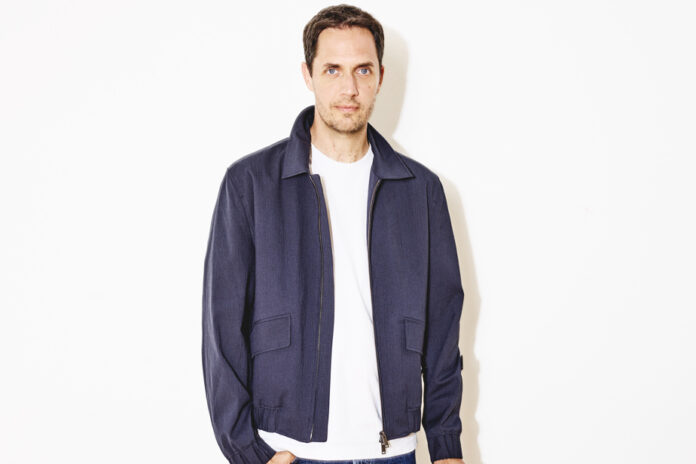Grand Corps Malade still handles the pen just as well in Reflets, a new album which captures the era well, but where the essence of slam is lost in overly pop arrangements.
In 2006, with a first album directly connected to his heart and the Parisian suburbs, Grand Corps Malade was propelled to immense stardom while elevating slam to the rank of major art. Each of his albums has since been an event: his recent Mesdames, for example, a series of duets with female performers released in 2020, has enjoyed immense success.
In Reflets, his eighth album in 17 years, Grand Corps Malade still handles the pen just as well and his sentences still have just as much punch and rhythm. We savor with delight the alliterations and other figures of speech that are hidden at every turn – no, he has not lost his touch.
Grand Corps Malade has aged and we cannot blame him for drawing inspiration from his daily life. At 46, a happy father of two boys, he looks in the mirror and is capable of self-deprecation. Wisdom, for example, is fun: “The real problem with youth is that they have fun without me.” And in the very beautiful Remember Your Dreams, a sepia photo of family life, he really succeeds in moving people. But two plays about his enduring love? It’s a lot. Especially since Deauville, despite its humor, moves forward with a surprising disco rhythm, with an almost embarrassing ultra pop chorus.
In fact, it’s probably the packaging of this album that leaves us doubtful, more than the words. Once again, we cannot blame Grand Corps Malade for wanting to evolve. By calling on rapper Vincha and DJ Mosimann, he clearly wanted to give a pop touch to his songs. It’s defensible… but we can only see that the slam essence is very lost.
It is in the simplicity that Grand Corps Malade hits the hardest, for example in the very poignant The Day After, which tells the fight of the unlucky people of life. We also find his anger in Autoreflet, an epic piece which recounts his journey, his humanity in I saw the light, a song of hope in these troubled times, or his commitment in 2083, on the climate crisis. All this is from the “good” Grand Corps Malade, which turns its mirror as much towards itself as towards others and which captures the times well. But we end up being annoyed by these arrangements whose exuberance does not suit the subject – even when it is a question of hope and a call to action, as in It’s happening today.
In the title song Reflets, we even have the impression that the slammer suddenly thinks he is Stromae, and we look in vain for the Fabien Marsaud who made us vibrate so much. His immense talent for prose saves the day, especially since we know that his soul is not very far away, only hidden behind a forest of beats. We’ll find her later, that’s for sure.















